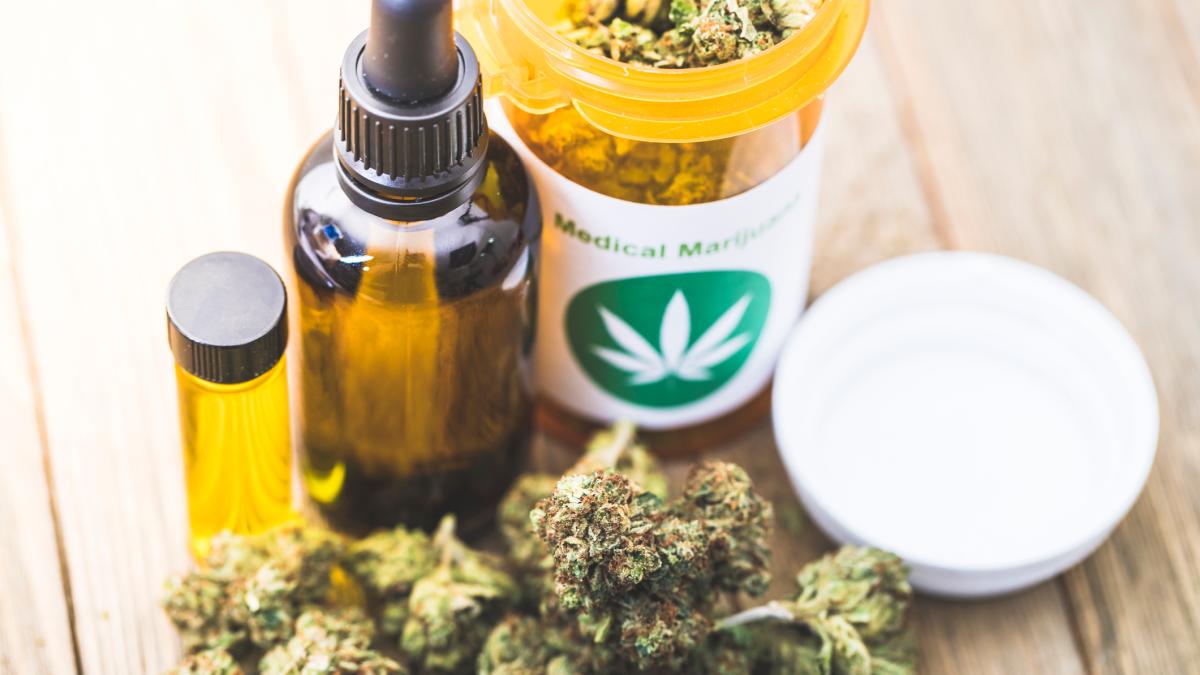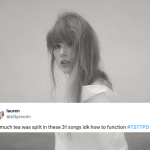
A few weeks before cannabis was legalised in California I walked through the streets of San Francisco, passing cafes and designer fashion stores and restaurants, and watched buses roll by covered in shiny advertisements for the city’s latest and greatest legal industry: weed.
There is a broken feeling that ricochets through your brain when you see something you have been conditioned to believe is not possible. Like a squirrel on waterskis or a man free-climbing a cliff face, the reality of legal cannabis – not just available but advertised on billboards – is not normal. We don’t expect it to be, because for so long it was not.
In jurisdictions where dispensaries open nine to five and doctors write scripts for weed as they would any other drug, there are clashing sides to the success of legalising. For every finger pointed at huge profit and tax dollars, another points towards an alleged impact on kids. This is a debate that will keep going in some form for decades.
Illegal since the early 1900s, cannabis in the United States has a decorated and well-known history. It’s bad, then it’s good, then it’s bad again, then the kids want it. Now a lot of Americans want it – including your Patrick Batemans and Gordon Geckos and Paul Allens.
Standing there on that day in California, something else became clear: it’ll happen here in Australia, too.
This is not an argument for legalising cannabis – though I will always argue that medical cannabis is shockingly hard to access in Australia compared to the systems used in other nations – but it is a reality check.
New Zealand is set to vote on legalisation next year, with politicians campaigning and a referendum promised. Canada has already crossed that line and is sorting through the cultural and regulatory drama that comes with it.
While Australia managed to partially legalise medical cannabis in 2016, tangible access to the drug is still dramatically below what is expected by advocates. For the 100,000 or so people using black market product currently, the paperwork and the cost far outweighs the positives of not having to worry about legal ramifications.
Earlier this month, the government announced it would be supporting significant medical cannabis projects in Australia by way of granting Major Project Status. Achieving MPS will see companies receive priority when it comes to things like medicinal cannabis licenses. It’s not a massive step – but it is significant.
Cannabis has an image problem. Many who like it will disagree, but decades of Just Say No campaigns and children brought up on abysmal messaging like Stoner Sloth has had its effect.
But when I think about what the start of an honest, mainstream discussion about cannabis looks like, I think of the last month.
Two mainstream media platforms, 9 News and 7 News, went head to head last Sunday with cannabis features. 9 News’ feature on Australian favourite Olivia Newton-John and her use of the drug to cope with cancer treatment represented perhaps the most prominent Australian face to identify herself as a cannabis user. On 7 News, celebrity chef turned health guru Pete Evans reported on the way legalisation has worked in other countries, comparing it with the shambles Down Under.
And while others, including myself, have criticised Evans’ involvement in that space due to his other beliefs in the health space (see: feed your baby paleo, don’t wear sunscreen, endorsing anti-vaxxers), it must be said that the segment exposed to mainstream Australia what those in the space have been yelling about for years. Australians use cannabis, medically and otherwise, and those who use it as a medicine need better access.
But most importantly, those most under threat from outing themselves are coming forward. The public face of the plant is increasingly diverse and representative. The confidence in the movement has grown to such a degree now that we have numerous people, across multiple platforms, identifying themselves as cannabis users.
Two Australian documentaries have been produced this year that dispose of the tropes that are usually associated with cannabis documentaries – the blurred faces, the disguised voices, the secrecy, and the fear. ‘High As Mike‘, which chronicles the journey of Tamworth man and brain cancer patient Mike Gallagher as he learns about cannabis, acts as a who’s who of those within the community that have been fighting for years for legality.
‘Green Light’, to be released October 10, follows two of the country’s most prominent compassionate suppliers of medicinal cannabis, CBD Luke and Nicholas Morley. Their faces are exposed, their fight is put on camera, and many of the people they help speak directly about what using cannabis has done for them. It’s a film that will give the public an incredibly personal look into one of the nation’s biggest, worst-kept secrets – one that is only now becoming a serious mainstream discussion.
Films like ‘Green Light’ and ‘High As Mike’, as well as the exposure commercial television is warming towards, are all sparks in the fire that could finally nudge the Australian public into accepting cannabis use – and its potential as an industry – openly.
There’s a joke online that says people don’t care about an issue until it has been made into an easily digested Netflix documentary. Most of these jokes are made by younger people, sapped of attention and interest. With content coming from all angles now it can be hard to see what’s happening. But right now, in 2019, there has been a shift. You can’t lie about these things anymore – the internet exists. Everything can be fact-checked from a screen that fits in your hand.
In all of these public stories, people have outed themselves because they feel it will mean good things for sick people. They do it because they’re tired, because they’re desperate, because they’re dying, and they do it because no one else has. Ultimately, though, these are people who have put the needs of others ahead of themselves – and there are few things worth celebrating more than that.



